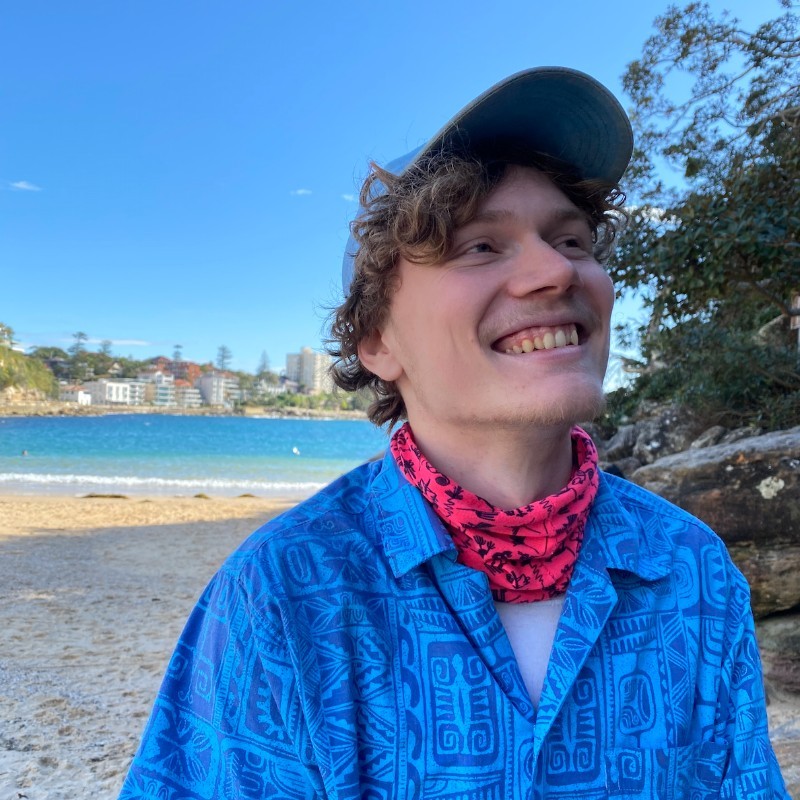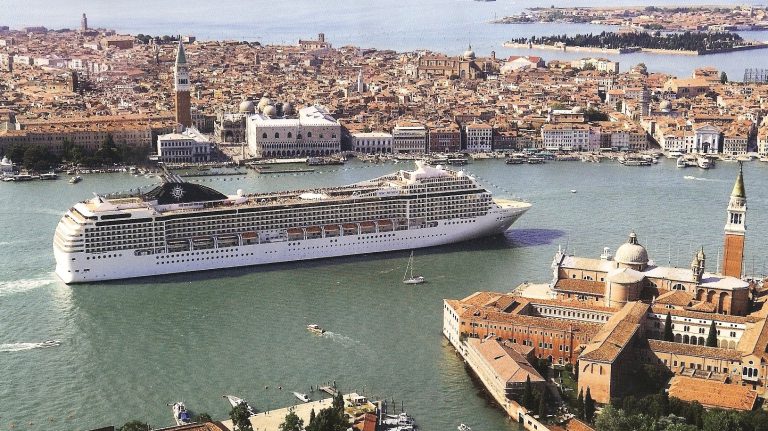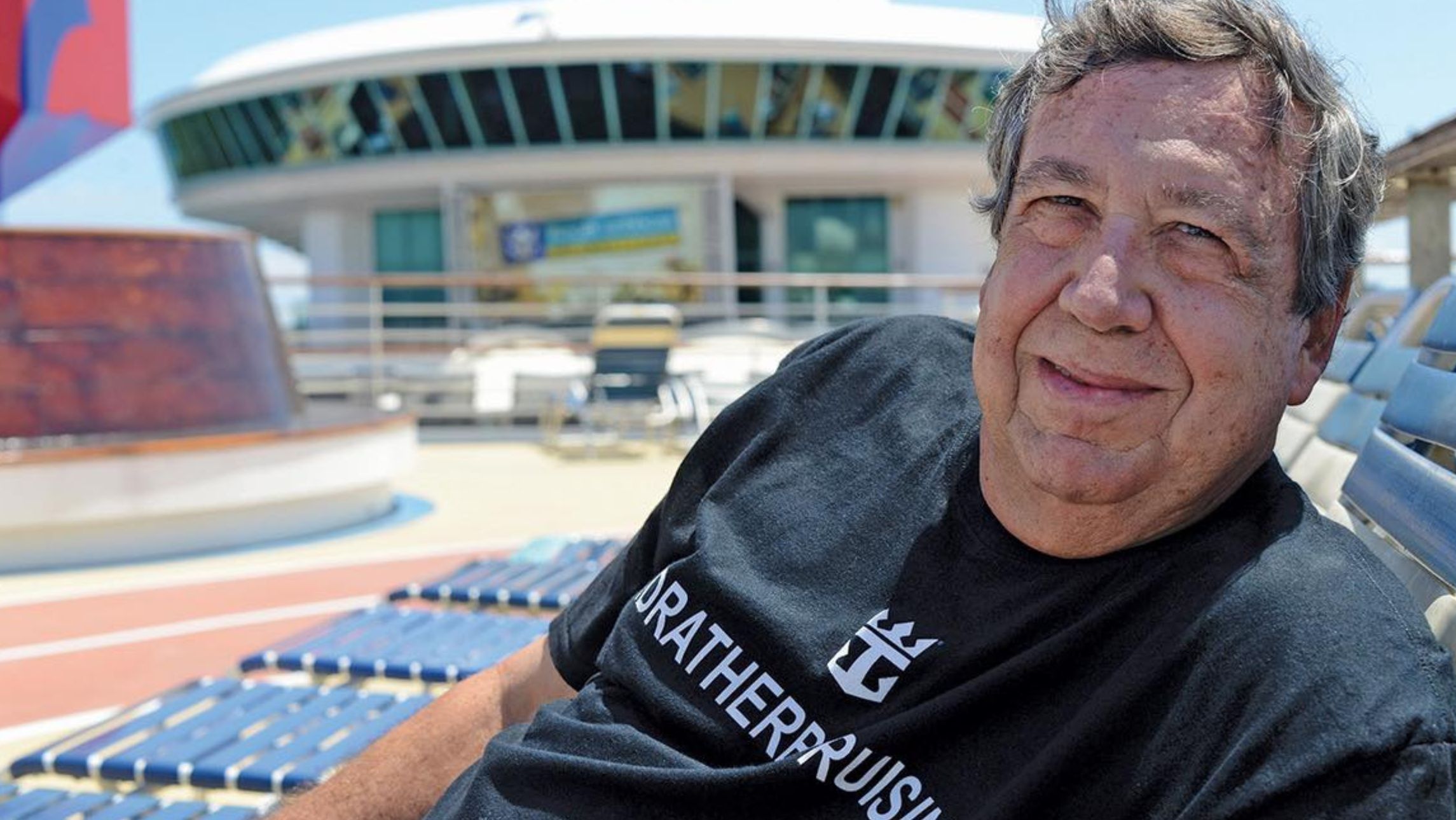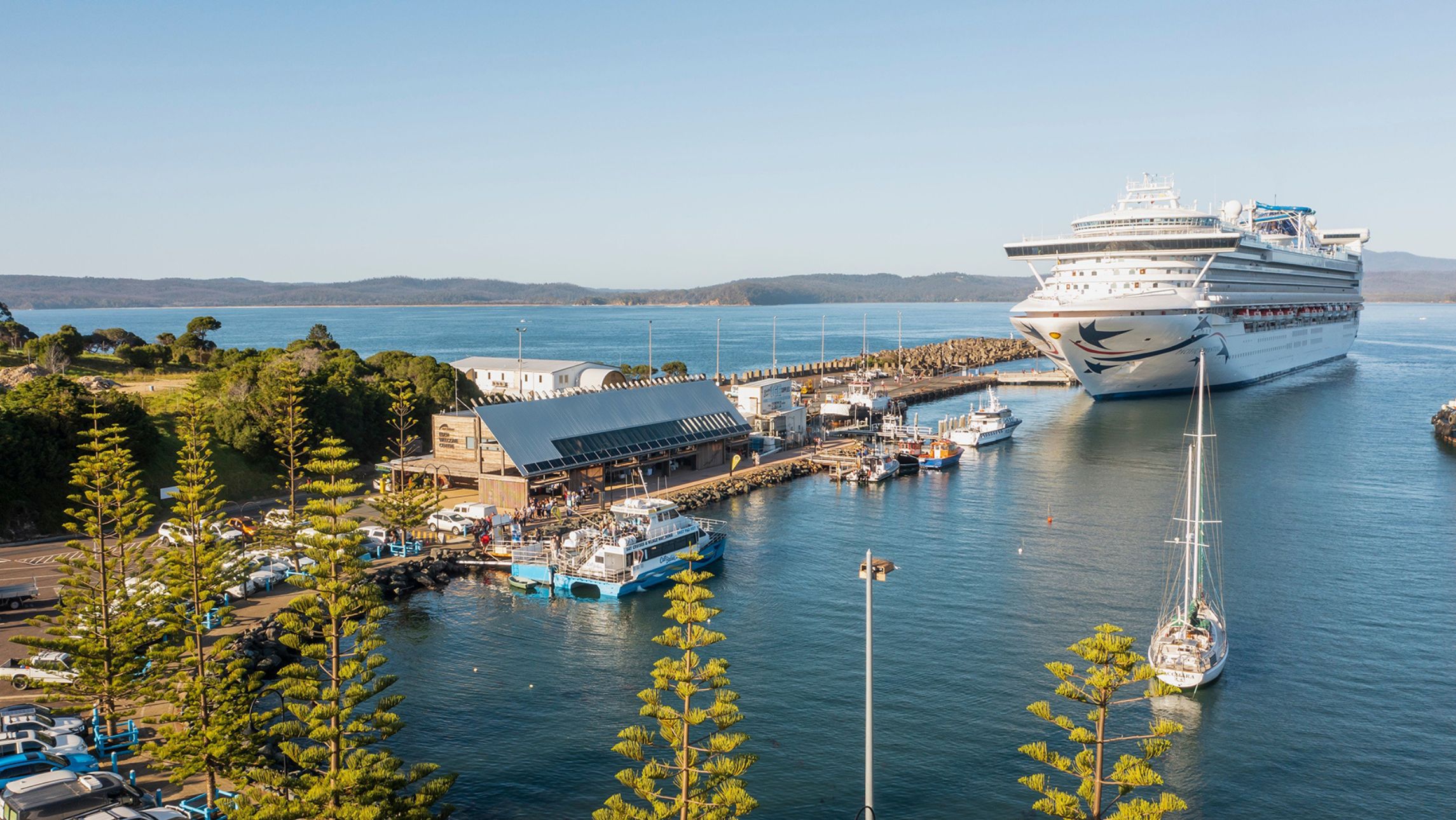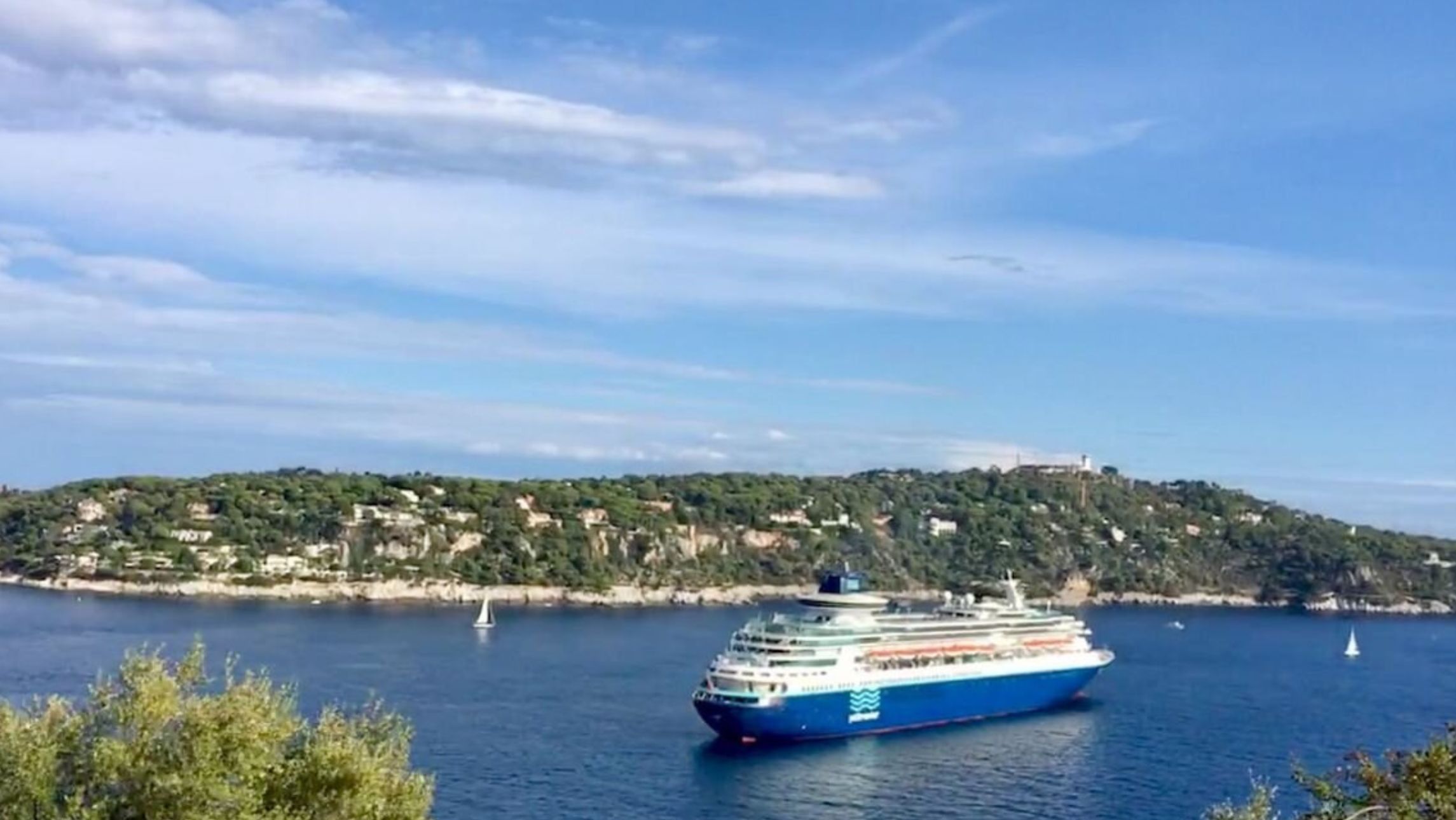After many years of debate, advocacy and overturned decisions, the Italian government has at last banned cruise ships from entering the iconic Venice lagoon. Well, almost.
The vote was held following a request from UNESCO, the United Nations Cultural Organisation, and the decision announced by Cultural Minister Dario Franceschini.
While the decision is official, doubt still remains over what will happen moving forward and where cruise ships will berth in one of the Mediterranean’s most popular ports.
It has not been made clear if the changes will be in effect immediately or only after an alternative docking location has been established. The government’s suggested alternative solution is constructing a passenger terminal at Marghera.
However, despite his rejoicing of the decision, Tommaso Cacciari, leader of No Grandi Navi, a campaign group that has fought to keep the cruise ships out, informed Forbes of many issues with the proposal. For example, a canal would need to be widened and deepened – but the excavation required is not allowed by law.
Mr Cacciari believes that, at best, a Marghera passenger terminal will provide only a temporary solution and a more permanent one is required. A lack of a well-defined action plan casts doubt over what cruises will look like moving forward and the long term standing of the decision.
However, Cruise companies should be relatively welcoming towards this news. The CLIA’s director for Italy, Francesco Galietti, supports the decision: “We have always supported plans to decongest traffic from Venice and remove large ships from the Giudecca Canal.”
The government making a blanket rule will allow cruise companies to stay out of the lagoon and minimise their environmental impact, without suffering a competitive disadvantage.
With European cruising still almost entirely paused, it could be some time before we see exactly how these changes will logistically unfold. However, undoubtedly a lot of keen eyes will be watching the government’s next moves in upholding its decision and creating alternative solutions.

